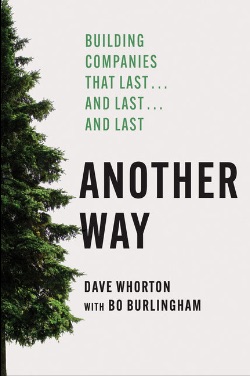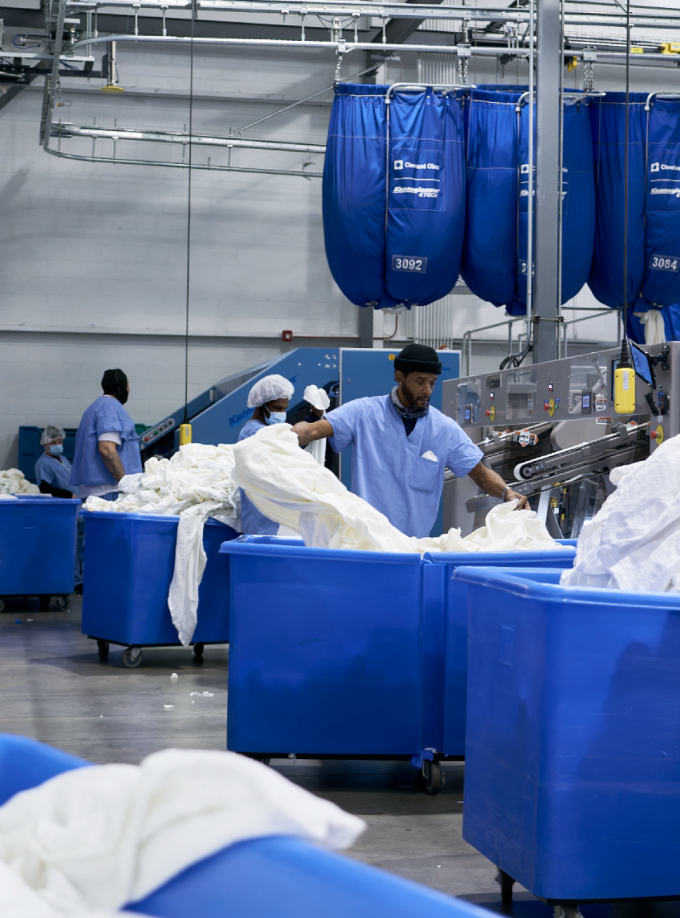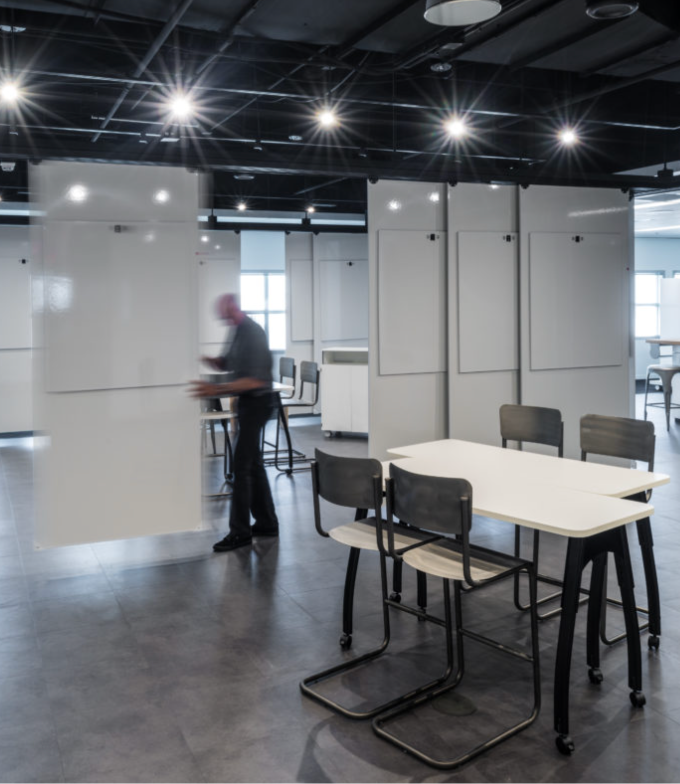May 9, 2025
Company
'The intention of Evergreen businesses is to adapt and grow profitably for 100 years, and more.'

Dave Whorton found business success early—but didn’t like what came with it. He founded and sold an industrial laser company in his mid-20s. Then, in 1997, John Doerr of Kleiner Perkins recruited him, and he became involved in startups like Amazon and Google. While the success was exhilarating, it proved disheartening. Over time, Whorton came to see Silicon Valley’s “get-big-fast” culture as a hype-fueled treadmill—one that sacrifices purpose, culture, and sustainability in pursuit of explosive growth, inflated valuations, and quick exits.
In response, he began seeking out leaders who were quietly building enduring companies grounded in purpose, people, and long-term value. Through conversation and research, he discovered businesses like Enterprise Holdings—best known for its car rental service—which has remained family-owned by emphasizing steady growth, profitability, and a strong internal culture. He also points to Wegmans Food Markets, a grocery chain long recognized for its employee-first approach and long-term vision. Wegmans consistently ranks among the best places to work in the United States.
Whorton identified a shared ethos among these companies and coined the term “Evergreen” to describe them. He formalized their principles into the Evergreen 7Ps framework and, in 2013, founded the Tugboat Institute to support and connect their leaders. Now, he’s written a book offering practical guidance for building companies that last—by putting people, purpose, and long-term thinking first.
Whorton’s story reminds me of a social post I saw recently: "Move slow and improve things."
BOOK: Another Way: Building Companies That Last...and Last...and Last




